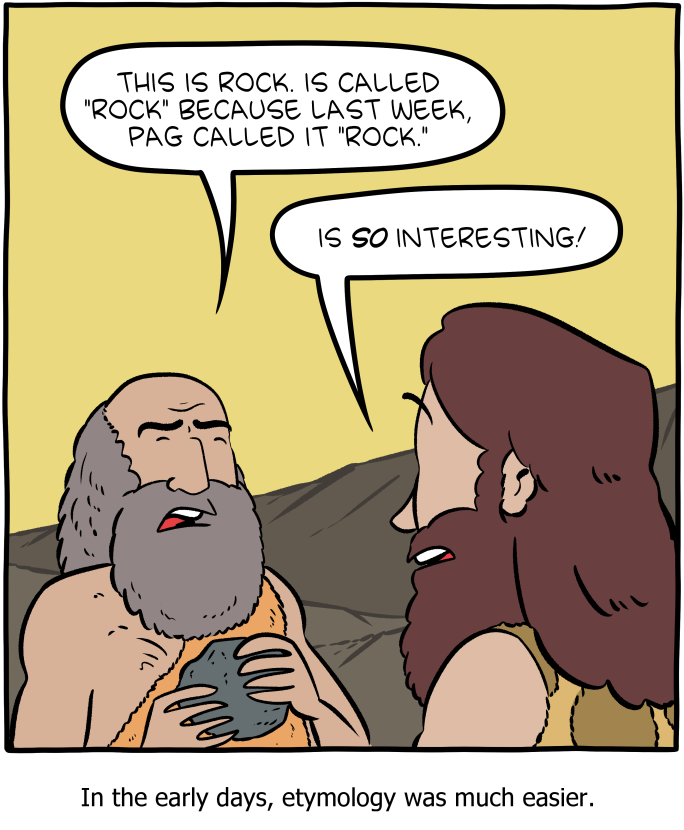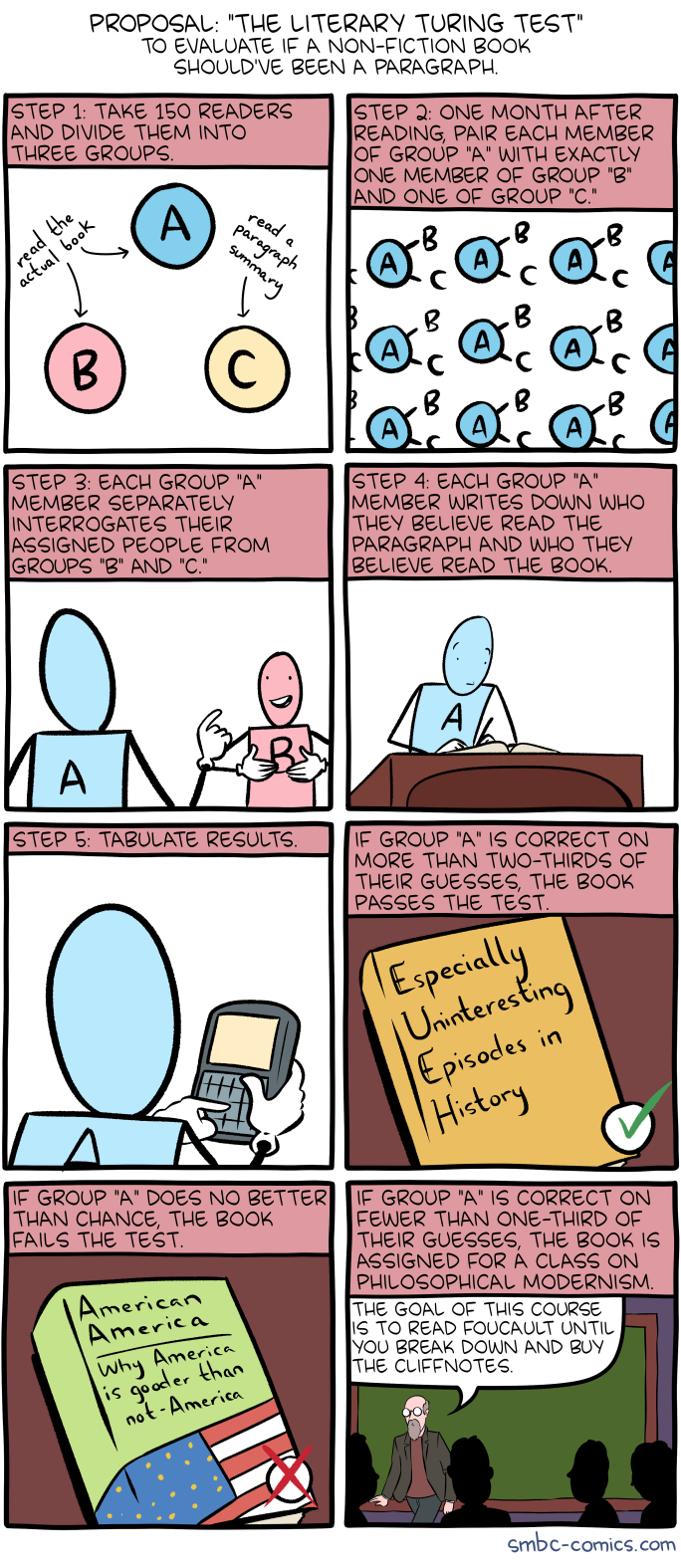Archive for November, 2018
Of knots, pimples, and Sinitic reconstructions
A couple of months ago, we talked about gēda 疙瘩, which is one of those very cool, two syllable Sinitic words, neither of whose syllables means anything by itself (i.e., not only is it a disyllabic lexeme, it is also a disyllabic morpheme). Furthermore, gēda 疙瘩 is highly polysemous, with the following meanings: "pimple; knot; swelling on the skin; lump; nodule; blotch; a knot in one's body or heart (–> hangup; problem; preoccupation)".
See "Too hard to translate soup" (9/2/18).
Read the rest of this entry »
"Ostensibly the main target"
John Leicester, Raf Casert, and Lori Hinnant, "In remembering WWI, world warned of resurging ‘old demons’", Associated Press 11/11/2018 [emphasis added]:
As Donald Trump and Vladimir Putin and dozens of other heads of state and government listened in silence, French President Emmanuel Macron used the occasion, as its host, to sound a powerful and sobering warning about the fragility of peace and the dangers of nationalism and of nations that put themselves first, above the collective good.
“The old demons are rising again, ready to complete their task of chaos and of death,” Macron said.
“Patriotism is the exact opposite of nationalism. Nationalism is a betrayal of patriotism,” he said. “In saying ‘Our interests first, whatever happens to the others,’ you erase the most precious thing a nation can have, that which makes it live, that which causes it to be great and that which is most important: Its moral values.”
Trump, ostensibly the main target of Macron’s message, sat stony-faced.
Read the rest of this entry »
Danmu
Kendra Schaefer, "China's 'barrage videos' are chaotic af — and say a lot about loneliness", The Next Web 10/11/2018:
“Hey, I know,” said someone in a design meeting once. “How about we let users post live comments as they watch their favorite shows. Then we could scroll those comments across the viewport so they cover the entire screen, like a curtain of enthusiastic verbal abuse?”
“HAHAHAHAHAHAHA!” laughed alternate reality me, “Who hired this asshole?” […]
That’s a conversation between hundreds of users, laid over the top of a video player, while the video is playing. Someone implemented that. Someone institutionalized that chaos, and what’s worse, they did so with great success. The feature is called danmu(弹幕), and it’s the hottest thing going in Chinese streaming media UI.
Read the rest of this entry »
Korean refrigerator onomatopoeia
From a tweet by Claire Varley:
https://twitter.com/clairepvarley/status/1061012347270029312
Read the rest of this entry »
Sensitive words: “political background check”
Article by Mandy Zuo in today's (11/9/18) South China Morning Post, "Chinese education officials sorry for announcing Mao-style political background check on students":
Education authorities in southwest China have apologised after they hit a raw nerve by announcing students must pass a “political background check” before they can take the national university entrance exam next year.
Read the rest of this entry »
The dawn of etymology
Yesterday's SMBC:
Mouseover title: "Chicken etymology is really easy because the word origins AND the words you use to describe them are all 'bock bock bock'."
Read the rest of this entry »
Onigiri > Onigilly
Brand-name transliteration (in Embarcadero Center, San Francisco), courtesy of Nancy Friedman:
Read the rest of this entry »
Ethnography of academia
ICYMI — Alexander C. Kafka, "‘Sokal Squared’: Is Huge Publishing Hoax ‘Hilarious and Delightful’ or an Ugly Example of Dishonesty and Bad Faith?", The Chronicle of Higher Education 10/3/2018:
Reactions to an elaborate academic-journal hoax, dubbed "Sokal Squared" by one observer, came fast and furious on Wednesday. Some scholars applauded the hoax for unmasking what they called academe’s leftist, victim-obsessed ideological slant and low publishing standards. Others said it had proved nothing beyond the bad faith and dishonesty of its authors.
Three scholars — Helen Pluckrose, a self-described "exile from the humanities" who studies medieval religious writings about women; James A. Lindsay, an author and mathematician; and Peter Boghossian, an assistant professor of philosophy at Portland State University — spent 10 months writing 20 hoax papers that illustrate and parody what they call "grievance studies," and submitted them to "the best journals in the relevant fields." Of the 20, seven papers were accepted, four were published online, and three were in process when the authors "had to take the project public prematurely and thus stop the study, before it could be properly concluded." A skeptical Wall Street Journal editorial writer, Jillian Kay Melchior, began raising questions about some of the papers over the summer.
Read the rest of this entry »
"The midtowm and midtern year"
At the beginning of Donald Trump's press conference yesterday about the results of the midterm elections, he said something psycholinguistically interesting:
it was a big day yesterday, an incredible day
and last night the republican party defied history
to expand our senate majority
while significantly beating expectations in the house
for the midtowm
and midtern year
Read the rest of this entry »
Writing characters and writing letters
A few days ago, I wrote the following titles on the blackboard in my "Poetry and Prose" class:
Dà Táng Sānzàng qǔjīng shīhuà 大唐三藏取經詩話 (Poetic Tale of Tripitaka of the Great Tang Fetching Scriptures)
Yóuxiān kū 遊仙窟 (The Grotto of Playful Transcendants)
Guānshìyīn yìngyàn jì 觀世音應驗記 (Records of the Verifications of Responses by Avalokiteśvara)
As I was rapidly writing the strokes of the characters — click click click tick tick tack tack click clack tick tack — I suddenly became aware of how different the writing sounded from when I write something in Roman letters. Not only did writing characters sound very different from the way writing letters sounds, the two types of script have a very different kinetic feel to them.
Read the rest of this entry »




